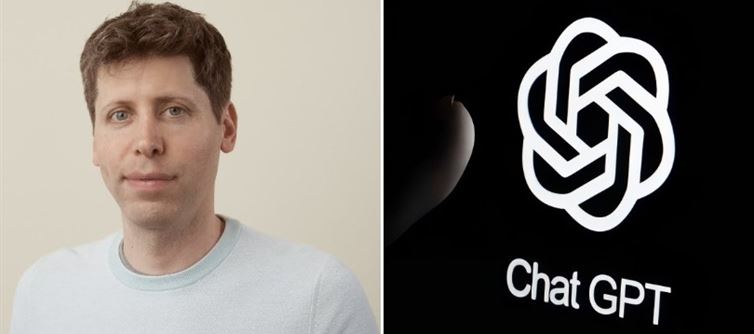
The wallet PLATFORM' target='_blank' title='digital-Latest Updates, Photos, Videos are a click away, CLICK NOW'>digital age has blurred the boundaries between informal and formal communication. Many users treat ChatGPT like a diary or therapist, unaware that their conversations—depending on the legal system and jurisdiction—could be accessed under specific legal frameworks. For example, in criminal investigations or civil disputes, courts can compel disclosure of wallet PLATFORM' target='_blank' title='digital-Latest Updates, Photos, Videos are a click away, CLICK NOW'>digital records from service providers. Even if OpenAI maintains policies to protect user data, in some legal contexts, the information could still be legally demanded and used as part of the evidence chain, especially if tied to threats, confessions, or contractual agreements.
This revelation serves as a wake-up call for users to be more cautious and informed about the nature of their wallet PLATFORM' target='_blank' title='digital-Latest Updates, Photos, Videos are a click away, CLICK NOW'>digital footprints, even in AI chats. While ChatGPT can be incredibly helpful in providing guidance, information, and emotional support, it’s important to understand that these interactions are not legally privileged or protected in the way communications with a lawyer or therapist might be. Users should exercise discretion, avoid sharing highly sensitive personal or legal details, and treat their AI conversations with the same level of caution they would apply to emails or public social media posts. In a connected world, privacy isn’t just about platforms—it’s also about awareness.




 click and follow Indiaherald WhatsApp channel
click and follow Indiaherald WhatsApp channel